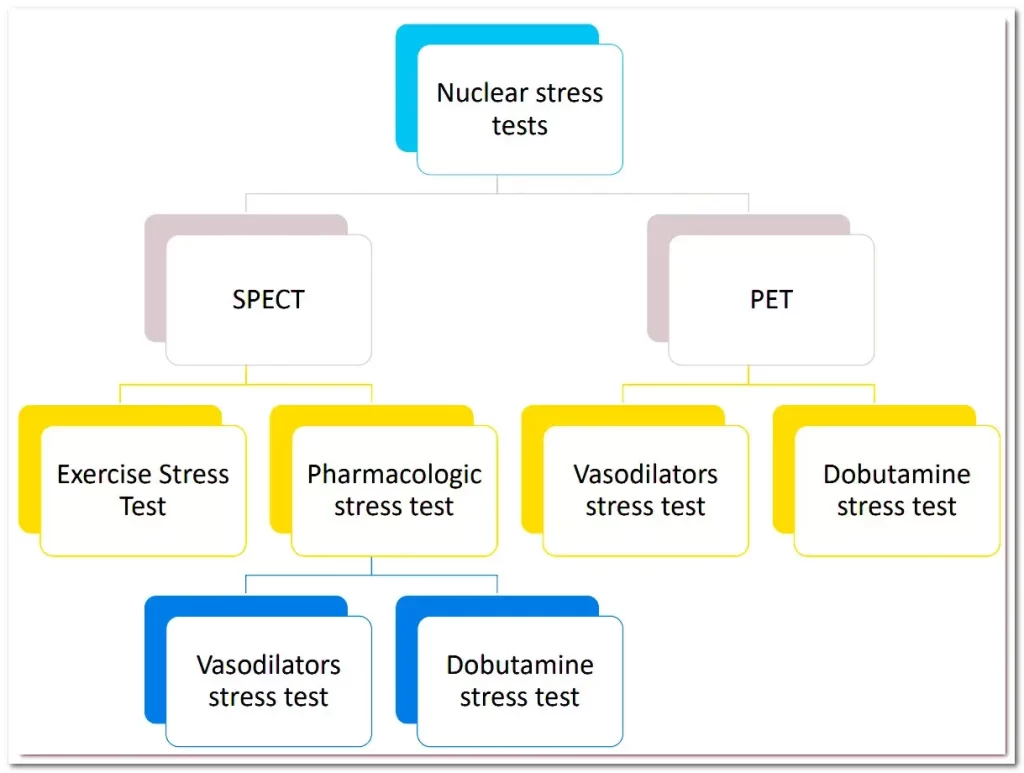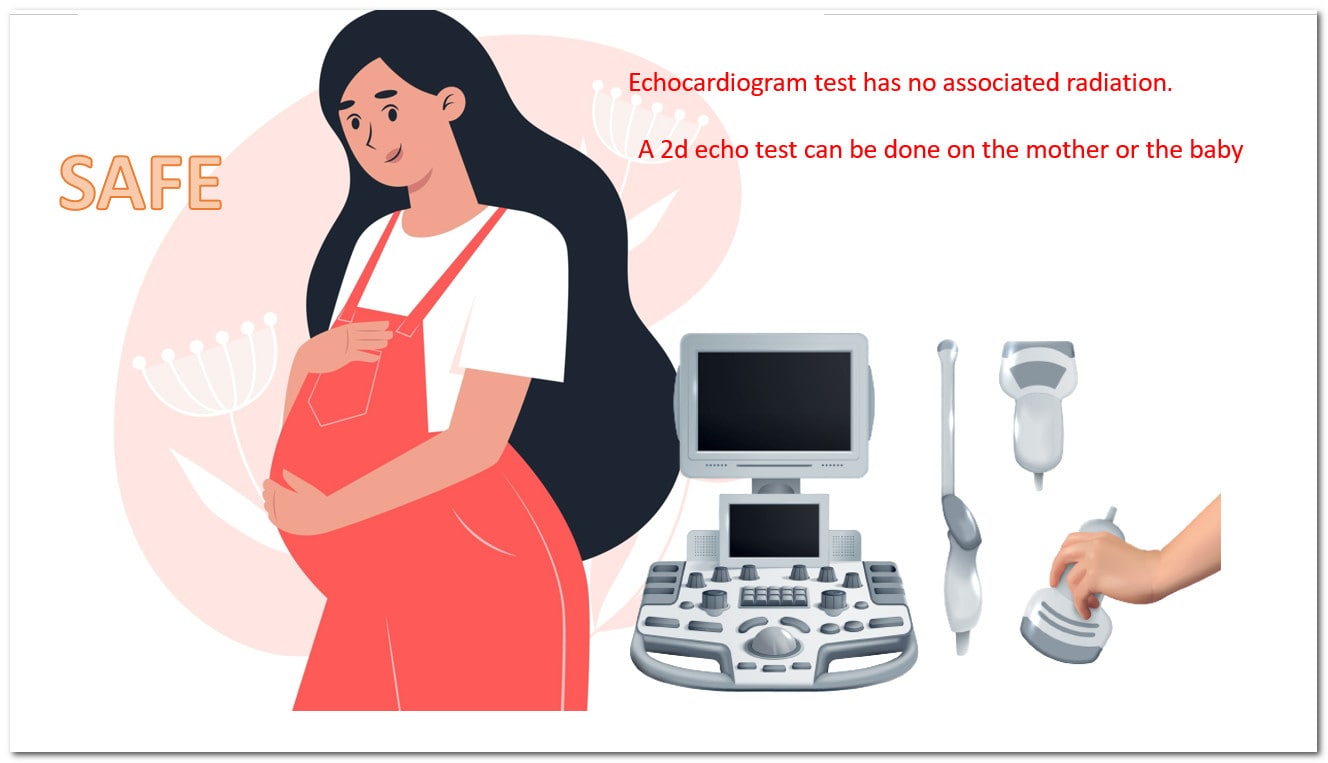The relationship between stress and kidney stones is quite intriguing. Unlike sugars or blood pressure, stress is subjective and can not be measured. Kidney stones are quite common in the general population, and the reason for such formation is often multiple causes. This article is about whether stress can cause kidney stones.
Kidney stones are mineral deposits (calcium, oxalate, and phosphate) from dissolved minerals in the urine. They form when urine is oversaturated with certain minerals. After urinary tract infections and prostate disorders, kidney stones are the third most common urinary tract problem.
Depending on the material of the stones, kidney stones are classified as
- Calcium oxalate
- Calcium phosphate
- Uric acid
- Cysteine
- Struvite
- Mixed stones.
Calcium stones make up nearly 70-80% of all kidney stones.
Few risk factors for kidney stones
Research has shown that the incidence of kidney stones can be associated with
- Gender
- Race
- Geographic region
- Low fluid intake and dehydration
- Occupation
- Hot climate
- Positive family history and genetic background
- Unhealthy diet (excessive intake of caffeine, salt, dairy products, animal proteins, and fat)
- Physical activity
- Obesity or overweight
- Alcohol consumption
- Opium use
- Cigarette smoking
- High blood pressure
- Diabetes
- Water quality
- High intake of vitamins D and C
- Chronic kidney disease and cardiovascular disease
Stress and its impact on the health
Chronic job stress can have a negative impact on one’s health. Chronic stress can be linked to persistent events like unemployment from a job loss, physical or mental abuse, substance abuse, or family conflict.
Stress also causes a chain reaction of behaviors that can negatively impact eating, sleeping, and exercise patterns. When stressed, your adrenal glands release adrenaline and cortisol. Elevated Cortisol level produces harmful effects on various systems of the body. Cortisol promotes the accumulation of belly fat linked to insulin resistance and an increased risk of type 2 diabetes and cardiovascular disease.

Stress, obesity, and renal stones
Stress can have a negative impact on your ability to maintain a healthy weight. Weight gain can occur due to high levels of the stress hormone cortisol, unhealthy stress-induced behaviors, or a combination of the two. Cortisol also slows your metabolism, making weight loss difficult.
Stress can cause sleep disruption resulting in fatigue during the day. People may use stimulants to boost their energy levels to deal with daytime fatigue, such as caffeine or high-calorie snack foods.
Elevated cortisol levels in chronic stress may also cause cravings, particularly for foods high in sugar, fat, and calories, which can lead to weight gain. Weight gain is shown to induce kidney stones in various trials.
Stress, unhealthy foods, renal stones
Increased cortisol levels can not only make you crave unhealthy foods, but they can also cause you to eat more than you normally would. Stressed people may lack the time or motivation to prepare nutritious, balanced meals. Unhealthy food intake is one of the risk factors for kidney stone formation.
Stress, Cardiovascular diseases, renal stones
Stress raises the risk of cardiovascular diseases like heart, kidney, and brain diseases. The relationship between cardiovascular diseases and kidney stone are well established.
Stress, Diabetes, And Kidney Stones
A Swedish study found that chronic stress was associated with a 45% increase in the risk of being diagnosed with diabetes. As diabetes is a risk factor for kidney stones, stress can indirectly cause kidney stones.
Exercise, Stress, And Kidney Stones
The majority of the literature concludes that stress impairs efforts to be physically active. Lack of physical activity has a negative impact on kidney stones.
So, Exercise in almost any form can be used to relieve stress and stones as well.
Kidney stones, Substance abuse, and stress
Stress has been linked to various substance abuse, like cigarette smoking, alcohol smoking, hookah smoking, and opium.
One of the most common reasons for substance abuse by an individual with stress is to get stress relief.
All these substance abuses are established risk factors for kidney stones.
Hypertension, stress, and kidney stones
High stress is linked to increased blood pressure and hypertension. High blood pressure can cause kidney stones.
Dehydration stress and kidney stones
Dehydration can cause stress, and stress can cause dehydration.
You’re more likely to become dehydrated when you’re stressed because your heart rate is higher, and you’re breathing more heavily, so you’re losing fluid. You’re also more likely to forget to drink and eat well when stressed. Dehydration is one of the leading causes of kidney stone formation. Getting enough fluids is enough to keep you going during times like these.
Conclusion
Available data so far suggest stress as one of the causative factors for kidney stones. Do physical activity as it can act as a stress reliever, Meditate a lot, laugh more, Try yoga, and Get sound sleep to keep yourself away from stress.











